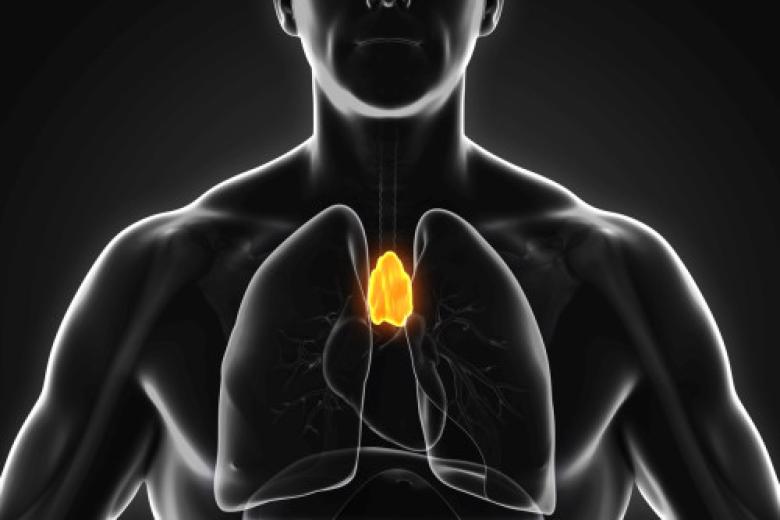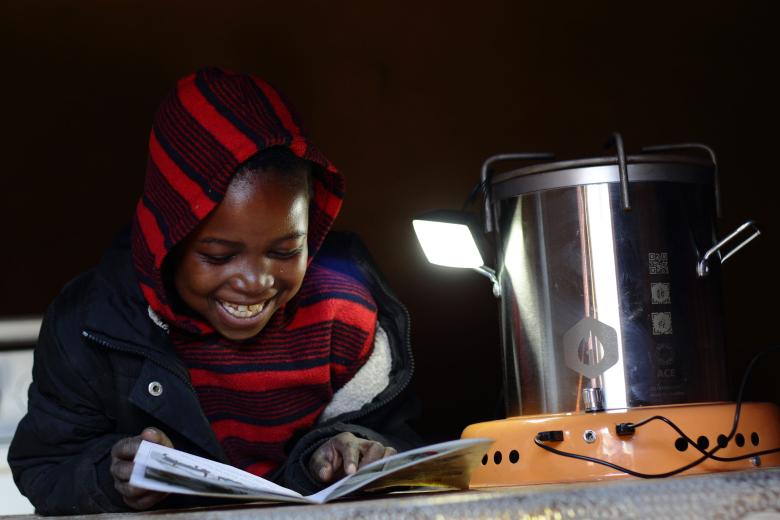
News
-

-
When the most unknown organ must be removed
An organ that disappears almost completely after puberty, but in rare cases can regrow in size and even harbor a tumor: the thymus, also known as the thymus. Physician-researcher Florit Marcuse, affiliated with Maastricht University's Faculty of Health Medicine and Life Sciences, examined this...

-
Repeat miscarriages: does the immune system play a role?
In women trying to conceive, 1-3% experience repeated miscarriages. For more than 50% of these women, a cause for the miscarriages has yet to be found. New research from Maastricht University (UM) and the Maastricht University Medical Centre+ (MUMC+) shows that the immune system’s Natural Killer (NK...

-
New European project aims to think outside the box when it comes to medicine
The European Commission has awarded €23 million to set up a new platform for drug repurposing: the use of existing drugs in diseases other than those for which they were originally developed. In the next seven years UM will develop the platform REPO4EU (precision drug REPurpOsing for Europe)...

-
Better chances for cancer in the liver
Our liver is a special organ: if you cut away part of it, in most cases a new piece of liver will grow back. If someone has cancer in the liver, the affected part of the liver can be surgically removed. But you can only do this if at least 30% of the liver remains. For many patients whose remaining...

-

-
Study brings lifestyle disease liver fattening into focus
An unhealthy lifestyle can have disastrous consequences for the liver.
Fatty liver disease can develop, a chronic liver condition that can lead to liver failure or even liver cancer. Fatty liver also contributes to the development and worsening of diabetes and cardiovascular disease.

-
Diagnosis of skin cancer via quick scan a step closer
Determining whether a suspected spot on the skin is a basal cell carcinoma - the most common form of skin cancer - can be done in a large number of cases with a scan of the skin instead of an invasive biopsy. This has less impact on the patient, is faster and can lead to cost savings in healthcare.

-
Energy transition for all? A third of the world's population still cooks on open fires
In a new study, PhD student Esther Boudewijns developed two practical tools to improve the implementation of cleaner cooking in low-wage countries. The results of the research will be published on June 16 in The Lancet Planetary Health.

-
